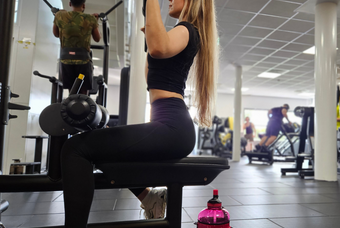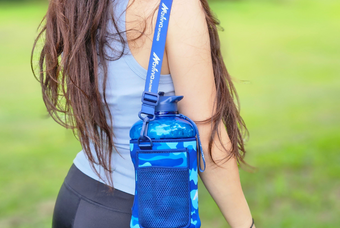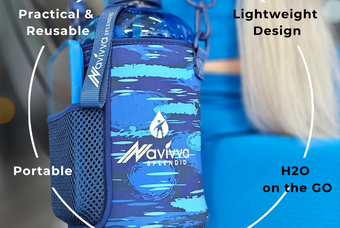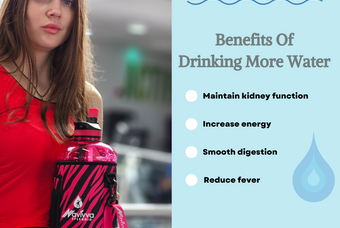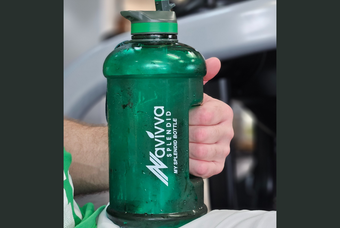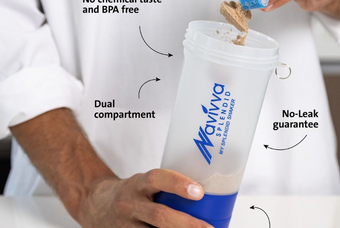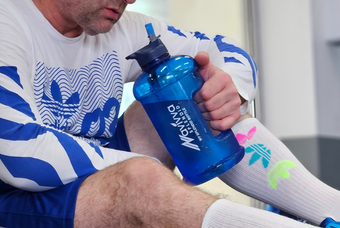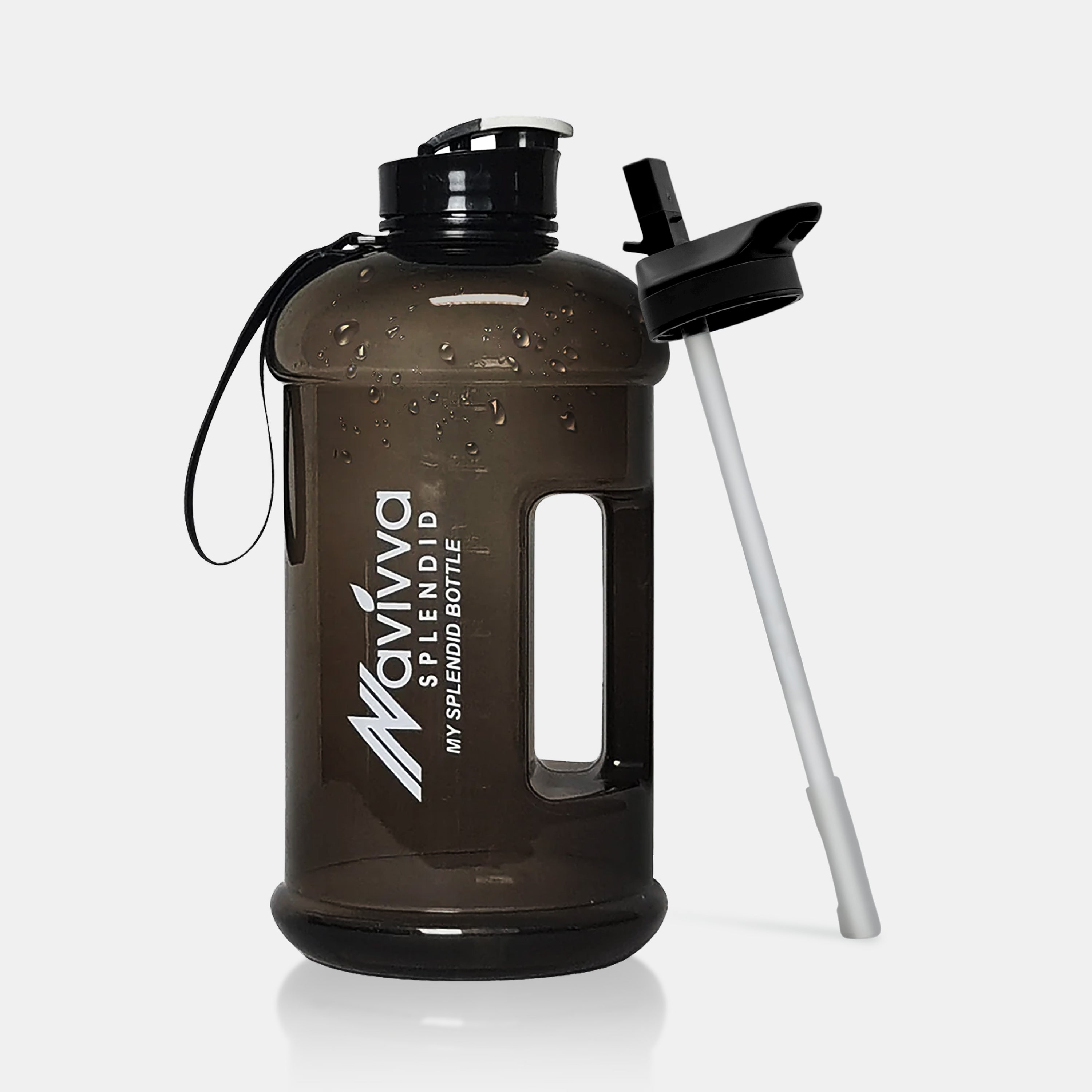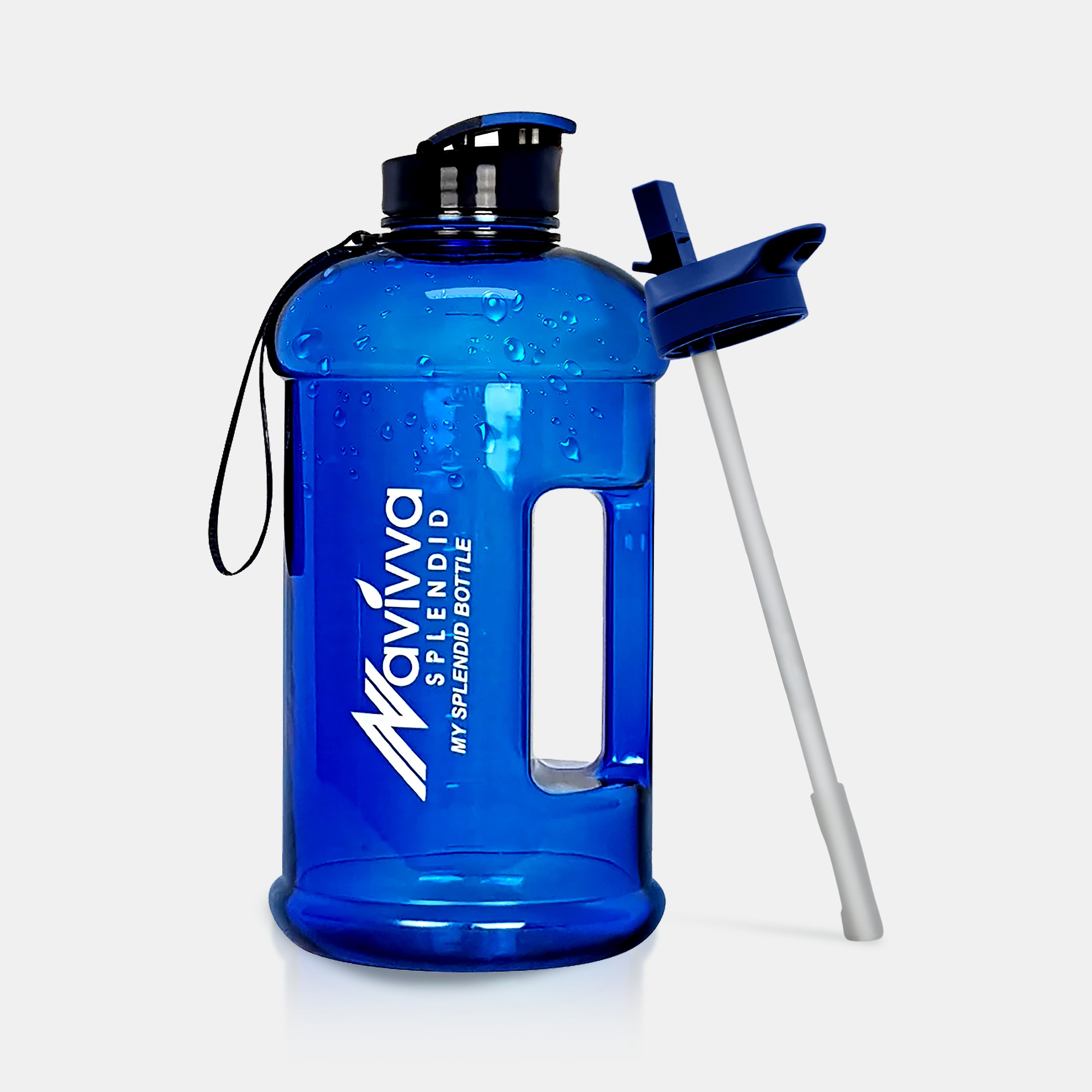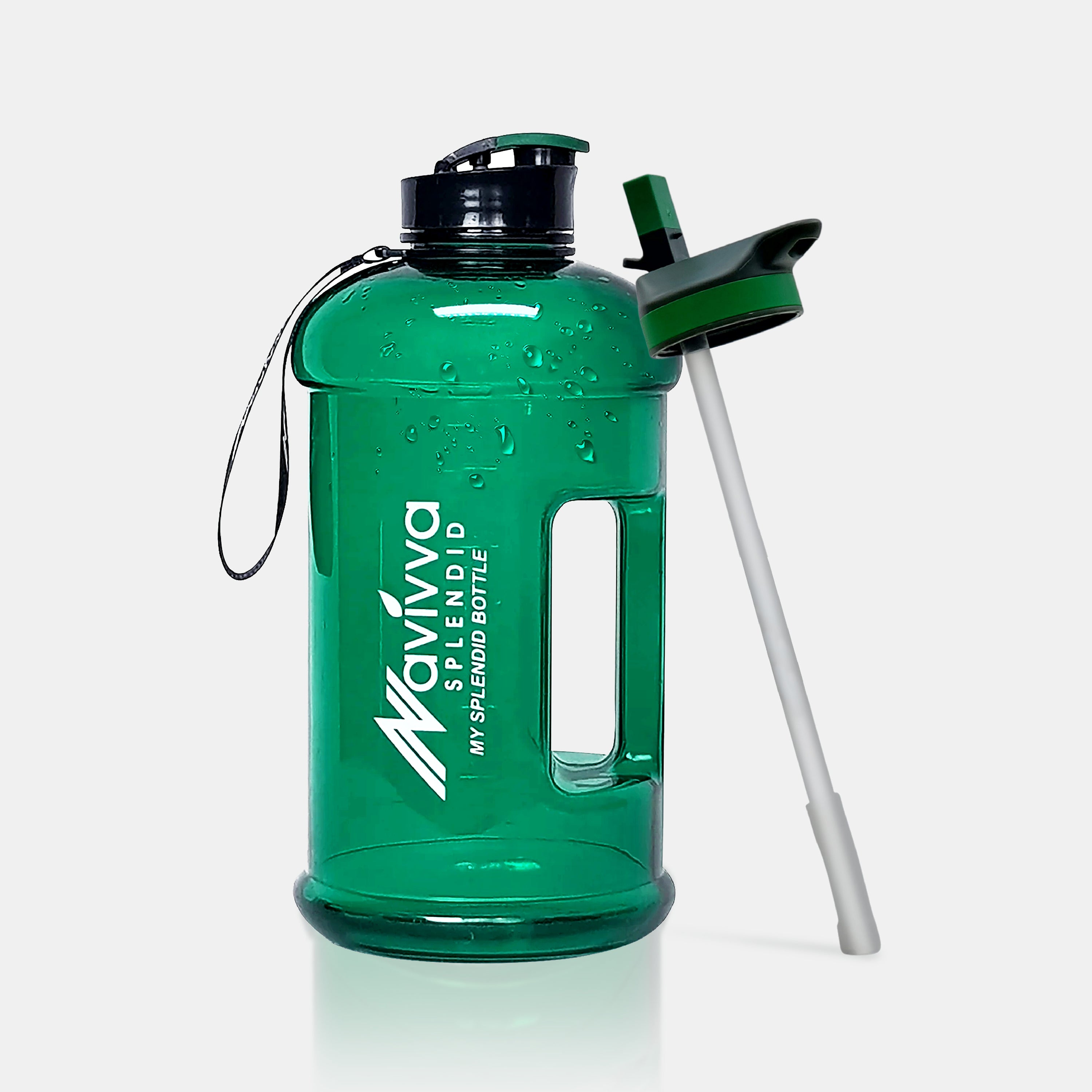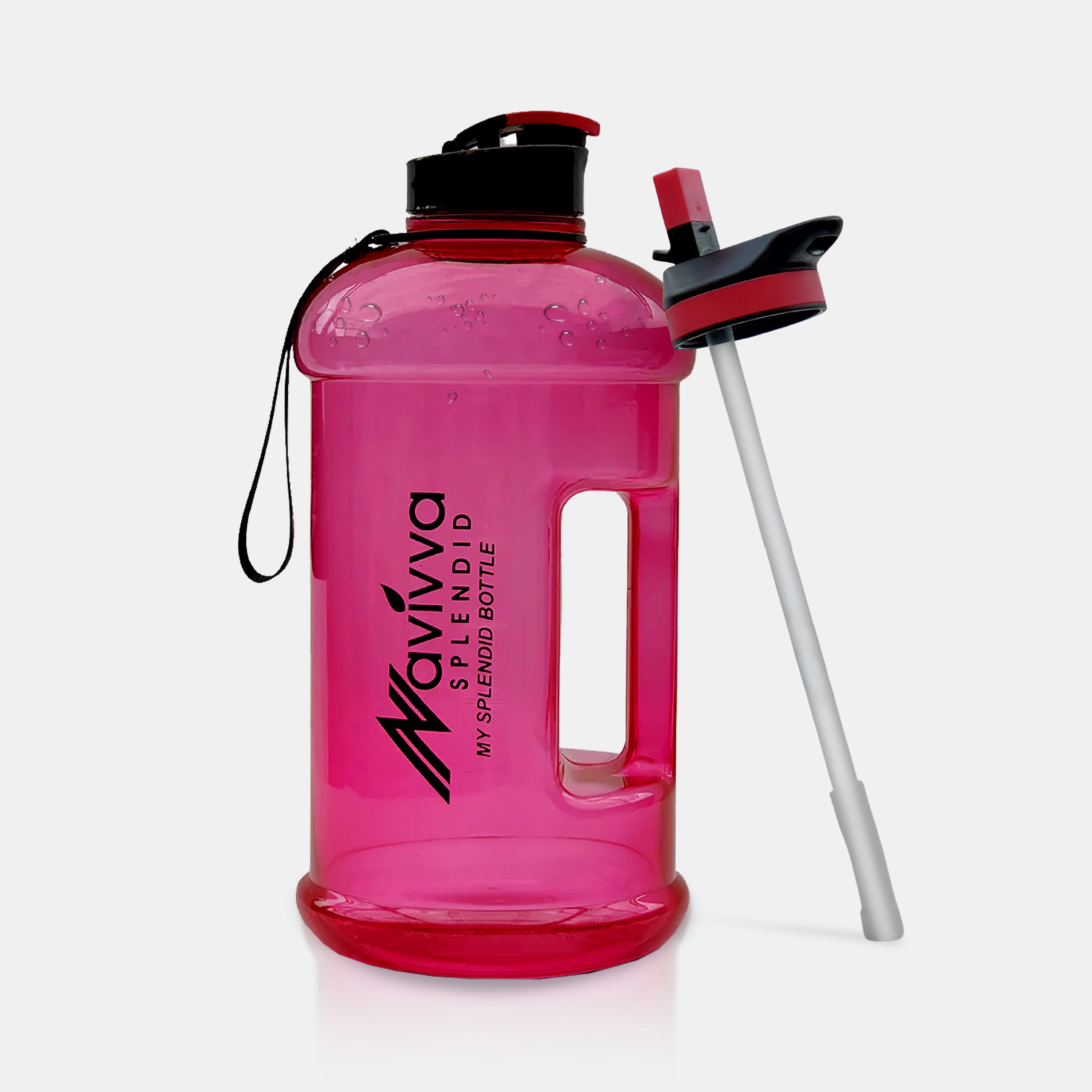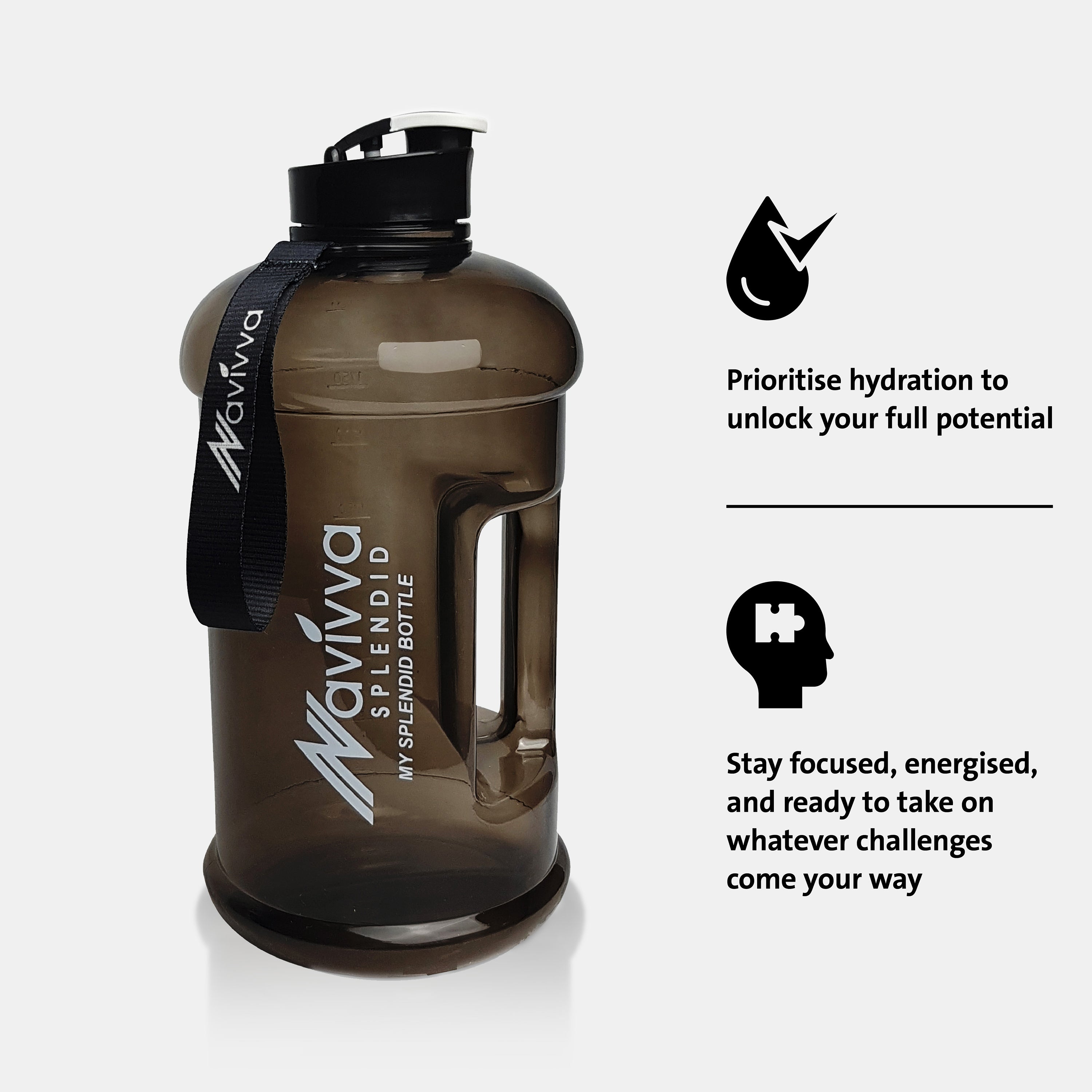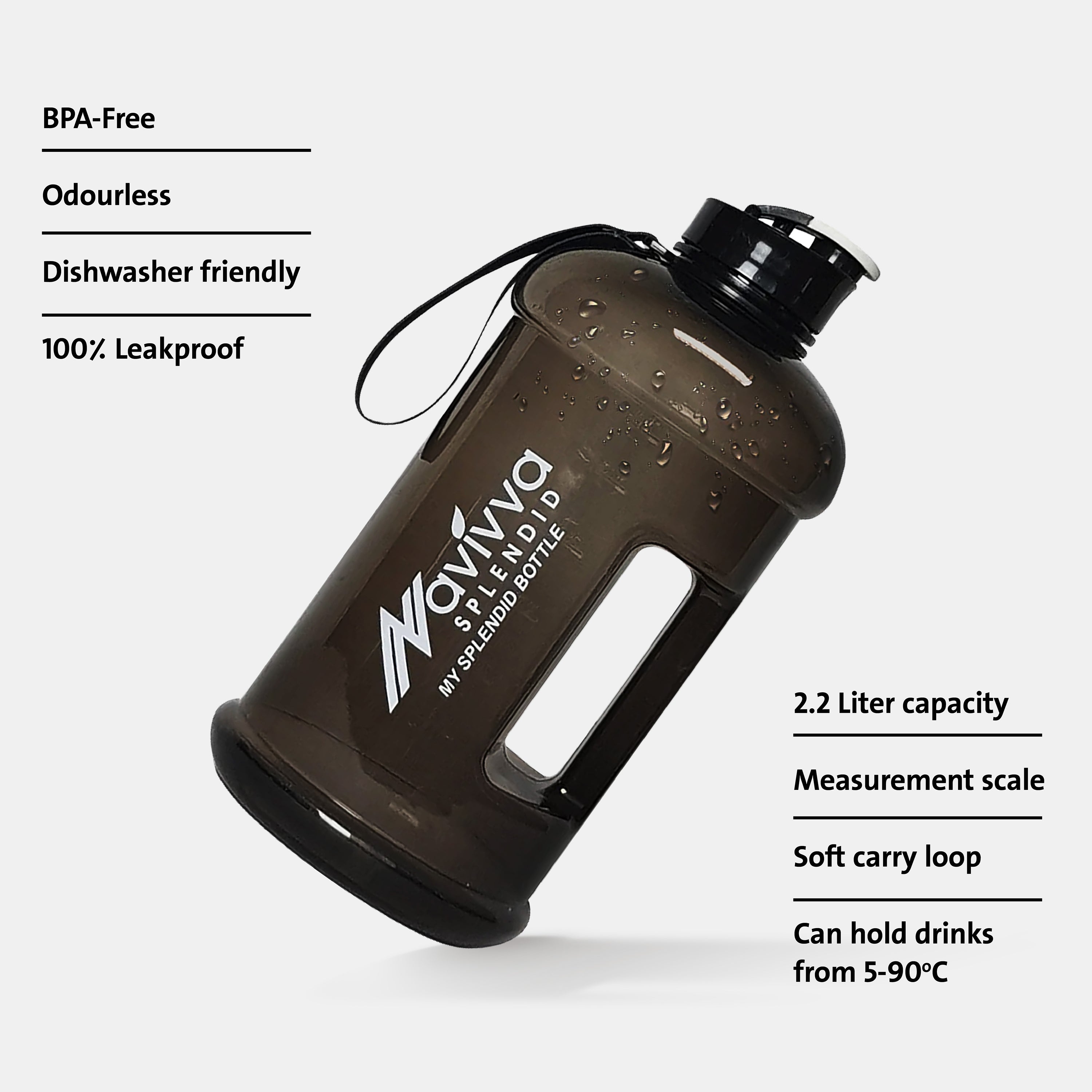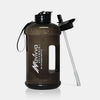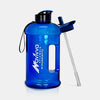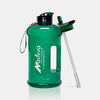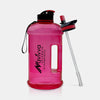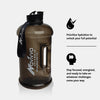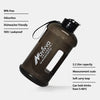Drinking water throughout the day is the best way to replenish fluid losses. Drinking before, during, and after training is just as important as drinking during the rest of the day.
Maintaining hydration as a runner is vital for both health and performance. Water regulates body temperature, removes waste, brings energy to your cells, and cushions your joints. Adequate hydration can improve recovery, reduce the risk of cramping and injury, and help you perform at your best—whether you're jogging for fitness or training for a marathon.
When we run, we generate 20 times more heat than when we are at rest. Our bodies cool down by sweating. However, sweating also leads to the loss of essential water and electrolytes, including sodium and potassium. Losing just 2–3% of body weight through sweat can lead to dehydration. When we’re dehydrated, we may feel tired, experience headaches or muscle cramps, and notice an increased heart rate. Naturally, this has a direct impact on performance.
So, how can runners stay properly hydrated?
1. Measure your sweat rate
Take your body weight before and after a run lasting an hour or more. For every 0.5kg of weight lost, aim to replace it with 2–3 cups of water. It’s also essential to pair hydration with foods rich in carbohydrates and electrolytes—like a peanut butter and jelly sandwich or a banana. The carbs help refuel muscles while the electrolytes restore balance to bodily functions.
To make hydration easy and effective, consider using a Navivva Splendid 2.2L gym water bottle or a protein shaker with sleeve. These large-capacity bottles let you measure and manage your intake easily, and the sleeves offer extra grip and insulation, making them ideal gym accessories for runners on the go.
Factors such as air temperature, run intensity, body size, fitness level, and gender all affect your sweat rate. Interestingly, more experienced runners often sweat more because their bodies are better at cooling themselves. Tracking your sweat rate over time can help you tailor a personal hydration strategy.
How Often Should I Drink Water During the Day?
2. Drink regularly
Hydration isn’t just for when you're training—it should be part of your entire day. Rather than gulping down large amounts all at once, sip water steadily throughout the day to keep your fluid levels balanced.
Here are a few easy ways to do this:
- Keep a large water bottle with sleeve nearby while working or commuting.
- Eat hydrating fruits like watermelon, oranges, and strawberries for an added water and electrolyte boost.
- Monitor your urine—if it’s dark yellow, that’s a sign to drink more water.
- Stay hydrated before drinking alcohol, as alcohol can reduce muscle glycogen storage and impact your hydration status.
Having the right tools makes it easier to stay consistent. A protein shaker bottle or insulated gym bottle can double as a hydration companion and nutrition tool—ideal for combining water, electrolytes, and supplements in one place.
What Should I Drink Before, During, and After Running?
3. Drink water before, during, and after a run
It’s essential to hydrate before your run begins. Try drinking two cups of water about two hours before you hit the pavement, ideally paired with a balanced meal or snack. Around 15 minutes before your run, sip a little more—around half a cup or one shaker cap’s worth.
During longer runs (over one hour), drink small amounts at regular intervals. If you tend to sweat a lot, aim for two capfuls every 15 minutes. For endurance sessions, you may also need carbs and electrolytes—sports gels, dried fruit, or a protein shaker filled with an electrolyte mix can do the trick.
After your run, recovery hydration is crucial. Replenish fluids with at least two cups of water and eat a post-run snack. If you’ve tracked your sweat rate, aim to drink 2–3 cups for every 0.5kg of body weight lost. A protein shaker with sleeve can help combine your post-run protein shake with effective hydration in one convenient bottle.
What’s the Best Way to Stay Hydrated as a Runner?
The Bottom Line
Hydration during running is essential for endurance, recovery, and long-term health. By drinking water regularly, measuring your sweat loss, and staying aware of your body's needs, you’ll boost your performance and reduce your injury risk. Don’t overlook the importance of gym accessories like a large water bottle or protein shaker bottle—they’re not just convenient, they’re crucial for keeping your hydration goals on track.
All runners are different, so consider consulting a registered dietitian for personalised hydration and nutrition strategies.
Shop our range of gym water bottles and protein shaker bottles - contact us today.

